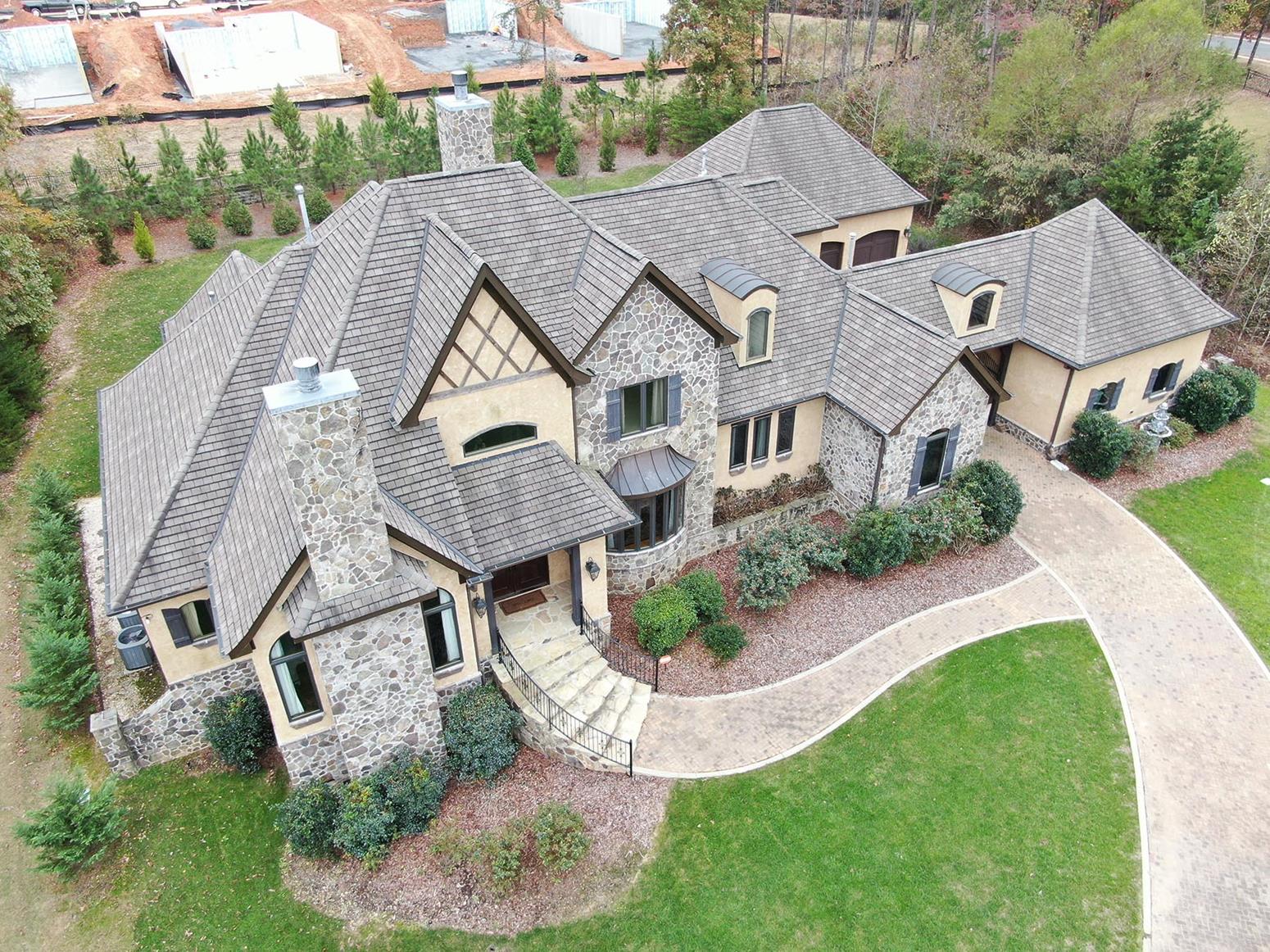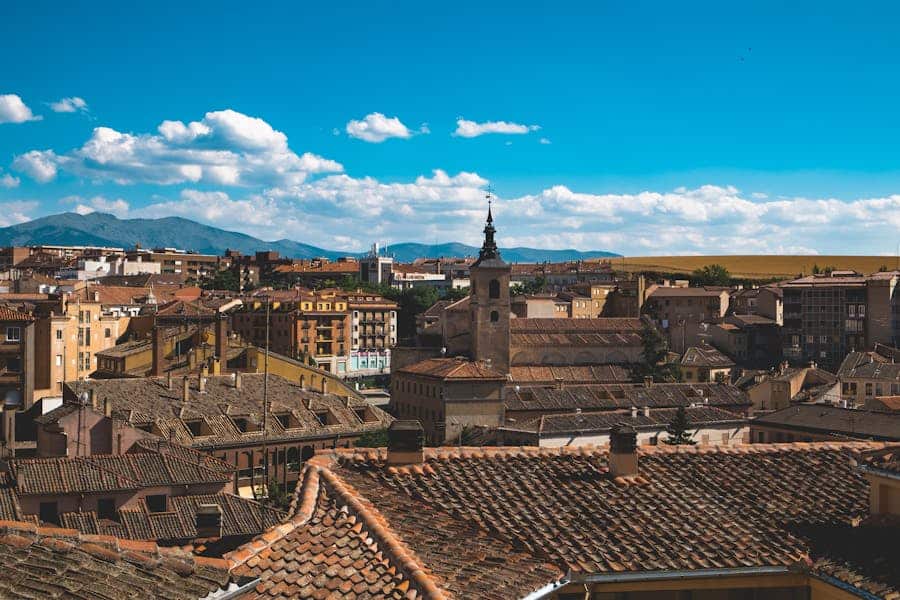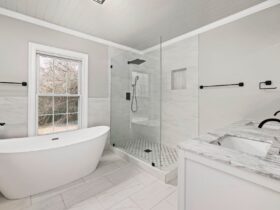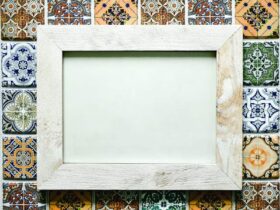When comparing synthetic slate roof cost vs asphalt, synthetic slate is typically more expensive upfront. However, it offers durability and longevity that asphalt shingles may lack.
In Austin, Texas, United States, the choice between the two roofing materials often comes down to budget and long-term investment. Synthetic slate roofs provide a high-end aesthetic appeal similar to natural slate but at a lower cost. On the other hand, asphalt shingles are a more budget-friendly option initially, but they may require more frequent replacements compared to synthetic slate.
Understanding the cost differences and benefits of each roofing material is crucial for homeowners in Austin, Texas, looking to make an informed decision for their roofing needs.

Credit: signatureexteriorsinc.com
Introduction To Roofing Choices
Compare the cost of synthetic slate roofing to asphalt shingles to make an informed decision. While synthetic slate may have a higher initial cost, it offers durability and a longer lifespan, making it a cost-effective choice in the long run. Consider the long-term benefits when evaluating your roofing options.
Roofing is an essential part of any building and must be chosen with care. There are many options available in the market, but the two most popular ones are synthetic slate and asphalt shingles. Both of these roofing choices have their pros and cons, and it is up to the homeowner to decide which one suits their needs best. In this article, we will discuss the factors that influence roof selection and compare the costs of synthetic slate roof vs asphalt shingles.
Synthetic Slate
Synthetic slate is made of a combination of plastic and rubber, which makes it durable and lightweight. It is designed to mimic the appearance of natural slate but comes at a much lower cost. Synthetic slate is also easier to install, which can save homeowners on labor costs. It is also eco-friendly, as it is made of recycled materials. However, synthetic slate is not as durable as natural slate, and it may not last as long.
Asphalt Shingles
Asphalt shingles are the most common roofing material in the US. They are made of fiberglass and asphalt and are relatively inexpensive. Asphalt shingles come in a variety of colors and styles, making them a popular choice among homeowners. They are also easy to install, which can save homeowners on labor costs. However, asphalt shingles are not as durable as other roofing materials, and they may not last as long.
Factors Influencing Roof Selection
When choosing a roofing material, there are several factors to consider. These include:
- Budget
- Durability
- Aesthetics
- Climate
- Maintenance
- Installation
Each of these factors plays a significant role in the decision-making process. For example, if you live in an area with harsh weather conditions, you may want to opt for a more durable roofing material, such as natural slate. On the other hand, if you are on a tight budget, asphalt shingles may be the better option.
Synthetic Slate Roof Cost Vs Asphalt
The cost of a roofing material is an important consideration for homeowners. Synthetic slate is more expensive than asphalt shingles, but it is still cheaper than natural slate. The cost of synthetic slate can range from $400 to $1,000 per square (100 square feet), while the cost of asphalt shingles can range from $100 to $200 per square. However, it is worth noting that the cost of installation for synthetic slate is lower than that of natural slate, which can save homeowners on labor costs.
In conclusion, choosing the right roofing material is a crucial decision that requires careful consideration of various factors. Synthetic slate and asphalt shingles are both popular choices, but each has its strengths and weaknesses. By weighing the pros and cons and considering the factors that influence roof selection, homeowners can make an informed decision about which roofing material is best suited to their needs and budget.
Key Features Of Synthetic Slate Roofing
Synthetic slate roofing offers the timeless look of natural slate at a lower cost compared to asphalt. Its key features include durability, low maintenance, and energy efficiency, making it a cost-effective choice for homeowners seeking the aesthetic appeal of slate without the high price tag.
Aesthetic Appeal
Synthetic slate roofing offers a stunning aesthetic appeal that rivals the look of natural slate. With its authentic texture and color variations, synthetic slate can enhance the curb appeal of any home. Whether you prefer the classic charm of traditional slate or the sleek elegance of modern designs, synthetic slate roofing can be customized to match your desired style. Its versatility allows for a wide range of architectural possibilities, making it a popular choice among homeowners and designers alike.
Durability And Lifespan
One of the key features of synthetic slate roofing is its exceptional durability and lifespan. Unlike asphalt shingles, which typically last around 20 to 30 years, synthetic slate roofs can endure for 50 years or more with proper maintenance. This longevity is due to the high-quality materials used in its construction, such as polymer composites or rubber. Synthetic slate is engineered to withstand extreme weather conditions, including hail, heavy rain, and strong winds, without cracking or deteriorating. Its resistance to fire, rot, and insect damage further contributes to its long-lasting performance.
Cost Comparison
While synthetic slate roofing offers numerous advantages over asphalt shingles, it is important to consider the cost implications. Synthetic slate typically comes at a higher initial cost compared to asphalt shingles. However, when evaluating the long-term investment, the durability and lifespan of synthetic slate can outweigh the initial expense. Additionally, the reduced maintenance and repair costs of synthetic slate contribute to its overall cost-effectiveness. It is crucial to weigh the upfront cost against the long-term benefits and consider factors such as energy efficiency and insurance savings, which can further offset the initial investment.
In conclusion, the key features of synthetic slate roofing, including its aesthetic appeal, durability, and lifespan, make it a compelling choice for homeowners seeking a long-lasting and visually appealing roofing solution. While the initial cost may be higher compared to asphalt shingles, the durability and reduced maintenance costs of synthetic slate can provide significant long-term savings. Ultimately, the decision between synthetic slate and asphalt shingles depends on your budget, desired aesthetic, and long-term goals for your roof.
Benefits Of Asphalt Shingles
Cost-effectiveness
Asphalt shingles are cost-effective compared to synthetic slate roofs.
Ease Of Installation
Installing asphalt shingles is quicker and easier than synthetic slate roofs.
Comparing Costs: Synthetic Slate Vs. Asphalt
When it comes to roofing options, homeowners often weigh the initial investment against long-term value. This is particularly true when comparing the cost of synthetic slate roofing to traditional asphalt shingles. Let’s take a closer look at how these two options stack up in terms of cost.
Initial Investment
The initial cost of installing a synthetic slate roof is typically higher than that of asphalt shingles. However, it’s important to consider the long-term benefits of this initial investment. While asphalt shingles may seem more budget-friendly at first, the need for more frequent replacements and repairs can add up over time.
Long-term Value
Synthetic slate roofs offer superior long-term value due to their durability and low maintenance requirements. They are designed to withstand harsh weather conditions and have a longer lifespan compared to asphalt shingles. This means that homeowners can potentially save money on repairs and replacements in the long run, making synthetic slate a cost-effective choice despite the higher initial investment.
Pros And Cons: A Detailed Analysis
Comparing the cost of synthetic slate roof to asphalt, there are pros and cons to both options. Synthetic slate is more affordable upfront, but it doesn’t last as long as natural slate. On the other hand, asphalt shingles have a lower initial investment cost, but they are less durable.
It’s important to weigh these factors when making a decision.
When it comes to choosing the right roofing material for your home, it’s important to consider both the pros and cons of each option. In this detailed analysis, we will compare the advantages of synthetic slate and the drawbacks of asphalt shingles. Let’s dive in!
Advantages Of Synthetic Slate
Synthetic slate offers a range of benefits that make it an attractive option for homeowners. Here are some of the key advantages:
- Durability: Synthetic slate is designed to withstand harsh weather conditions, including heavy rain, strong winds, and hail. It is highly resistant to cracking, fading, and warping, ensuring a long-lasting roof.
- Affordability: While natural slate can be quite expensive, synthetic slate provides a more cost-effective alternative. It offers the same elegant look and durability at a fraction of the price.
- Lightweight: Synthetic slate is significantly lighter than natural slate or concrete tiles. This makes it easier to install and reduces the structural load on your home.
- Wide Range of Colors and Styles: Synthetic slate comes in a variety of colors and styles, allowing you to choose the perfect option to complement your home’s aesthetic.
- Eco-Friendly: Synthetic slate is often made from recycled materials, making it a more sustainable choice for environmentally-conscious homeowners.
Drawbacks Of Asphalt Shingles
While asphalt shingles are a popular choice for many homeowners, they do have some drawbacks that should be considered. Here are the main disadvantages:
- Shorter Lifespan: Asphalt shingles typically have a shorter lifespan compared to synthetic slate. They can last anywhere from 15 to 30 years, depending on the quality of the shingles and the climate.
- Less Resistant to Extreme Weather: Asphalt shingles are more susceptible to damage from severe weather conditions, such as high winds, heavy rain, and hail. They may require more frequent repairs or replacement.
- Limited Color Options: While asphalt shingles come in a range of colors, the variety is not as extensive as synthetic slate. This may limit your ability to achieve a specific desired look for your home.
- Environmental Impact: Asphalt shingles are not as eco-friendly as synthetic slate. They are made from petroleum-based materials and contribute to landfill waste when replaced.
- Less Aesthetically Pleasing: Some homeowners prefer the natural and elegant look of slate roofing. Asphalt shingles may not offer the same level of visual appeal.
As you can see, there are pros and cons to consider when choosing between synthetic slate and asphalt shingles. It’s important to weigh these factors against your specific needs, budget, and preferences to make an informed decision. Ultimately, both options have their own advantages and drawbacks, and the choice will depend on what matters most to you.
Making The Right Choice For Your Home
Comparing the cost of synthetic slate roof to asphalt reveals a significant difference in long-term investment. While asphalt shingles offer a lower initial price, synthetic slate proves more durable and cost-effective over time for homeowners seeking quality and longevity in their roofing choice.
Climate Considerations
When it comes to choosing the right roofing material for your home, climate plays a crucial role. The harsh weather conditions of your area can greatly impact the durability and longevity of your roof. If you live in an area that experiences extreme weather conditions such as heavy rainfall, strong winds, or hailstorms, then synthetic slate roofing might be a better option for you. Synthetic slate roofs are more resistant to damage from weather conditions and can last up to 50 years or more.
Aesthetic Preferences
Aesthetic preferences are also an important factor to consider when choosing between synthetic slate and asphalt roofing. Synthetic slate is a great option for homeowners who want to achieve the look of natural slate without the high cost. It also comes in a variety of colors and styles to match the aesthetic of your home. On the other hand, asphalt shingles are available in a wide range of colors and styles as well and can be a more cost-effective option for homeowners who want a simple and traditional look.
Synthetic Slate Roof Cost Vs Asphalt
When it comes to cost, synthetic slate roofing is more expensive than asphalt shingles. However, the initial investment can be worth it in the long run due to its durability and longevity. The cost of synthetic slate roofing can vary depending on the quality and brand of the product, as well as the size and complexity of your roof. On the other hand, asphalt shingles are more affordable and are a popular choice for homeowners on a budget.
In conclusion, choosing between synthetic slate and asphalt roofing depends on various factors such as climate considerations, aesthetic preferences, and cost. It is important to weigh the pros and cons of each option before making a decision. Consulting with a professional roofing contractor can also help you make the right choice for your home.
Frequently Asked Questions
How Much Is A Slate Roof Compared To Asphalt?
A slate roof typically costs more compared to an asphalt roof. Synthetic slate shingles are also more expensive than asphalt shingles. However, synthetic slate roofing is not as durable and doesn’t last as long as natural slate. The initial investment for asphalt shingles is lower, making them a more affordable option.
How Much Are Synthetic Shingles Compared To Asphalt Shingles?
Synthetic shingles are generally more expensive than asphalt shingles. However, they offer longer durability and better aesthetics.
What Are The Disadvantages Of Synthetic Slate Roofing?
The major downside of synthetic slate roofing is its lack of durability and shorter lifespan compared to natural slate. Synthetic slate also tends to be more expensive than asphalt shingles.
How Much Does Synthetic Slate Cost?
The cost of synthetic slate roofing varies depending on the manufacturer and quality, but it typically ranges from $10 to $20 per square foot. This is higher than the cost of asphalt shingles, which ranges from $3 to $5 per square foot.
However, synthetic slate is more durable and longer-lasting than asphalt, which can make it a better long-term investment.
How Does The Cost Of Synthetic Slate Roof Compare To Asphalt?
Synthetic slate roofing can be 50-60% more expensive than asphalt shingles initially.
Conclusion
To wrap up, choosing between synthetic slate and asphalt roofs depends on your budget and preferences. Synthetic slate offers durability but comes at a higher cost, while asphalt provides a more affordable option. Consider the long-term benefits and aesthetic appeal before making your decision.
Make an informed choice for your roofing needs.









Leave a Reply